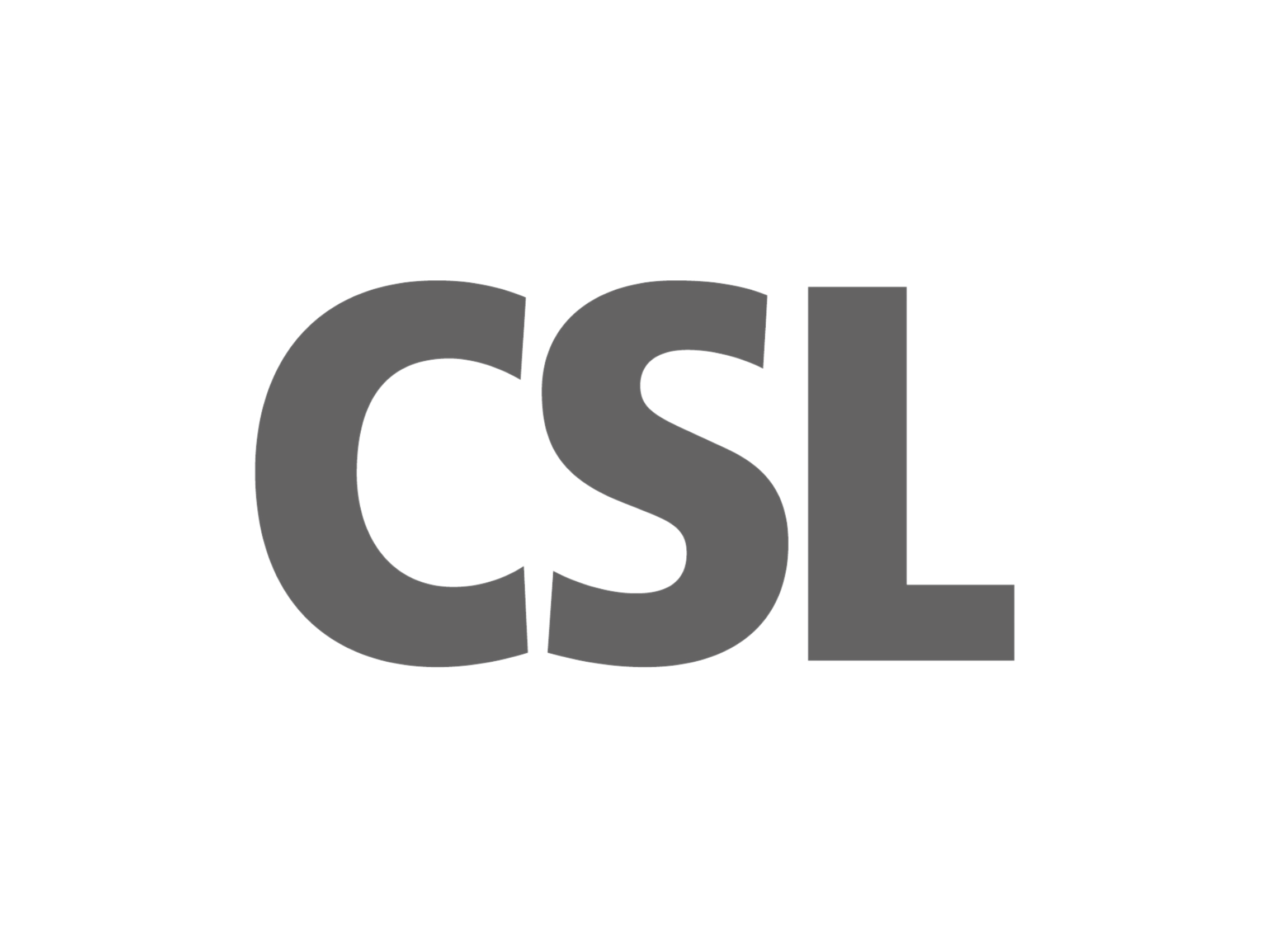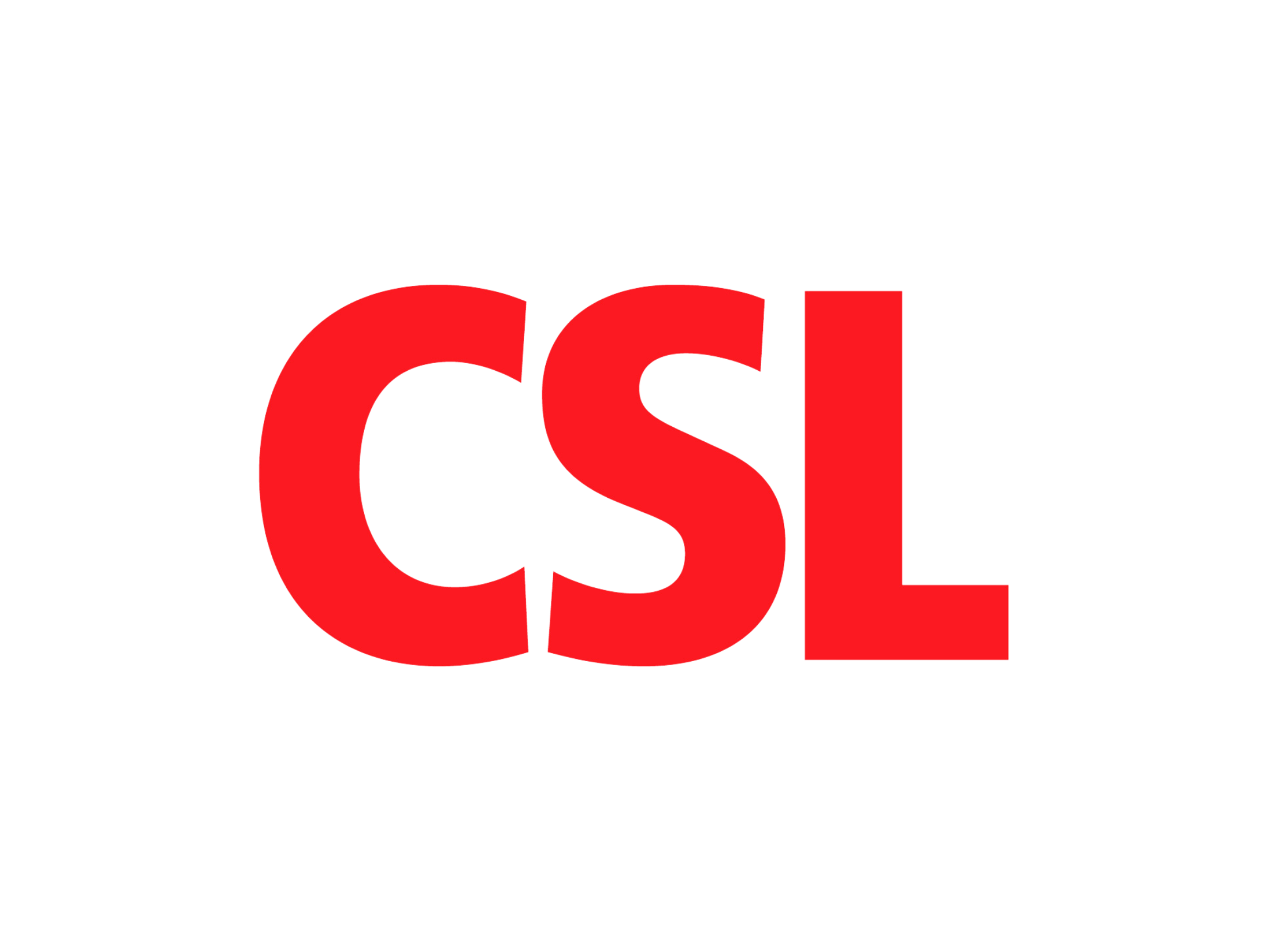Blood products and vaccines specialist CSL Behring announced that the Danish Medicines Council has published its final decision, approving human Alpha-1 Antitrypsin (AAT) therapy and Respreeza as standard treatment for slowing the progression of emphysema arising from Alpha-1 Antitrypsin Deficiency (AATD).
CSL Behring, a part of Australia’ CSL Limited (ASX: CSL), is now able to provide the therapy to patients in Denmark with immediate effect.
Respreeza is a highly purified alpha-1 protein, derived from human plasma and indicated to treat patients with Alpha-1 Antitrypsin Deficiency (AATD). It is the only Alpha-1 proteinase therapy that in a randomized controlled trial has been proven to be disease-modifying, by significantly reducing the loss of lung tissue, thereby slowing the progression of emphysema due to Alpha-1 Antitrypsin Deficiency.
AATD is a hereditary condition marked by a lack of the Alpha-1 Antitrypsin protein, whose main function is to protect the lungs from inflammation. Respreeza replaces the protein that these patients are missing and raises the Alpha-1 Antitrypsin levels in their blood, which can help to protect the lungs from damage due to inflammation.
The Danish Medicines Council estimates that this decision could benefit up to 80 patients in Denmark who, currently, are eligible for treatment with AAT therapy.
Claus Astradsson, chairman of “Alfa-1 Danmark,” the Danish Alpha-1 patient association, said: “First of all, our quality of life will be markedly improved. It will offer us a life closer to normality, negating or slowing the loss of lung and exercise capacity and allowing us to live a life without fear. We will be able to see our children and grandchildren grow up and will have the opportunity to travel, due to the fact that we can learn to administer the intravenous injection ourselves. This also means that we are offered a real chance of remaining employed until retirement.”
Dr. Johanna Haapkylae, head of respiratory, CSL Behring Nordic, said: “This is a very good day for patients and their families. We are extremely pleased that we have been able to deliver evidence that supported the decision to make Respreeza available for patients in Denmark, which underscores our continued dedication to deliver on our promise to patients with life-threatening diseases.”
Back in 2018, the UK’s National Institute for Health and Care Excellence (NICE) rejected approved of Respreeza, which was approved in Europe in 2015, as not cost-effective. It is a lifelong therapy costing £57,200 per patient per year on average, and it is estimated that around 200 to 600 people could be eligible for treatment in England.
The product was also approved by the US Food and Drug Administration in 2003 under the Zemaira trade name, from a company then known as Aventis Behring, for use as chronic augmentation and maintenance therapy in individuals with alpha-1 proteinase inhibitor deficiency (Alpha-1) who demonstrate clinical symptoms of emphysema.
Source: The Pharma Letter











